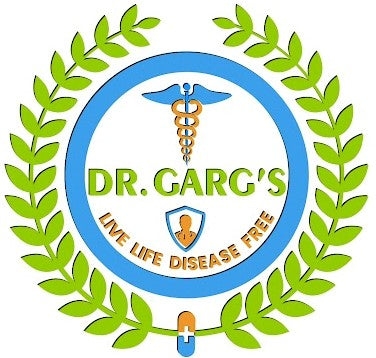ADHD
Understanding Attention Deficit Hyperactivity Disorder (ADHD) and Homeopathic Treatment

Introduction:
Attention Deficit Hyperactivity Disorder (ADHD) is a neurodevelopmental disorder that affects both children and adults. It is characterized by a persistent pattern of inattention, hyperactivity, and impulsivity that can significantly impact daily functioning and quality of life. In this blog, we will provide an overview of ADHD, explore its causes and symptoms, and discuss homeopathic treatment options.
Overview of ADHD:
ADHD is a complex disorder that affects the brain's executive functions, such as attention, self-control, and impulse regulation. It is one of the most common childhood disorders, but it can persist into adolescence and adulthood.
Causes of ADHD:
The exact causes of ADHD are not yet fully understood, but it is believed to be a combination of genetic, environmental, and neurological factors. Some possible factors that may contribute to ADHD include:
- Genetics: ADHD tends to run in families, suggesting a genetic predisposition to the disorder.
- Brain Structure and Function: Certain brain regions responsible for attention and impulse control may function differently in individuals with ADHD.
- Chemical Imbalances: Neurotransmitters like dopamine and norepinephrine, which play a role in regulating attention and behavior, may be imbalanced in people with ADHD.
Environmental Factors: Exposure to toxins during pregnancy, premature birth, low birth weight, and certain prenatal factors have been associated with an increased risk of developing ADHD.
Symptoms of ADHD:
ADHD symptoms can vary in intensity and presentation, but they generally fall into three categories:
- Inattention: Individuals with ADHD may have difficulty sustaining attention, being easily distracted, frequently losing things, and struggling to organize tasks or follow instructions.
- Hyperactivity: Hyperactive symptoms include constant fidgeting, excessive talking, difficulty staying seated, and an overall sense of restlessness.
- Impulsivity: Impulsive behavior may manifest as interrupting others, acting without thinking about consequences, taking unnecessary risks, and difficulty waiting for one's turn.
It is important to note that the symptoms of ADHD can significantly impact academic, occupational, and social functioning.
Homeopathic Treatment of ADHD:
Homeopathy is a holistic system of medicine that focuses on individualized treatment based on the principle of "like cures like." Homeopathic remedies are derived from natural substances and are prescribed based on the specific symptoms and characteristics of the individual.
While there is limited scientific evidence to support the effectiveness of homeopathic treatments for ADHD, some individuals have reported positive results. Homeopathic remedies for ADHD may include herbs like Hyoscyamus, Tuberculinum, or Cina, among others. However, it is crucial to consult with a qualified homeopathic practitioner for proper diagnosis and individualized treatment.
It is important to note that homeopathic treatment should not be used as a substitute for conventional medical care or psychoeducational interventions. It is best utilized as a complementary approach within a comprehensive treatment plan.
Conclusion:
ADHD is a complex neurodevelopmental disorder that affects individuals of all ages. Although the exact causes are not fully understood, a combination of genetic, environmental, and neurological factors likely contribute to its development. Recognizing the symptoms and seeking appropriate professional help is crucial for effective management and support. While homeopathic treatment may be considered as a complementary approach, it is essential to consult with Dr. Garg, a qualified practitioner to integrate it into a comprehensive treatment plan. With proper understanding and support, individuals with ADHD can lead fulfilling lives and achieve their full potential.
